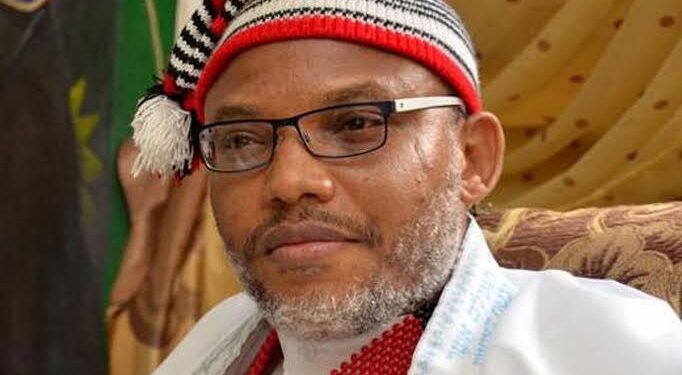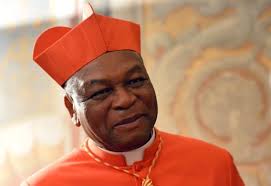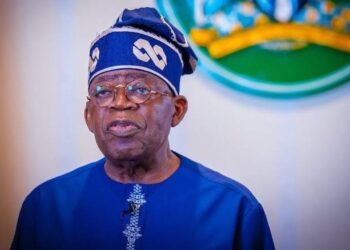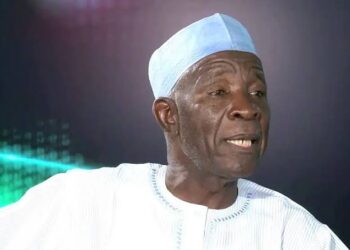The trial of Nnamdi Kanu, the leader of the Indigenous People of Biafra (IPOB), is set to continue today, September 24, at the Federal High Court in Abuja. Kanu has been at the center of a highly publicized legal battle since his rearrest and return to Nigeria from Kenya in 2021, a move that has sparked significant controversy and debate within Nigeria and among international observers.
Kanu faces serious charges from the Nigerian government, including terrorism, which have raised questions about the legal process and the implications for freedom of expression in the country. His supporters view him as a symbol of the Biafran struggle for independence, while the government considers his actions a threat to national security.
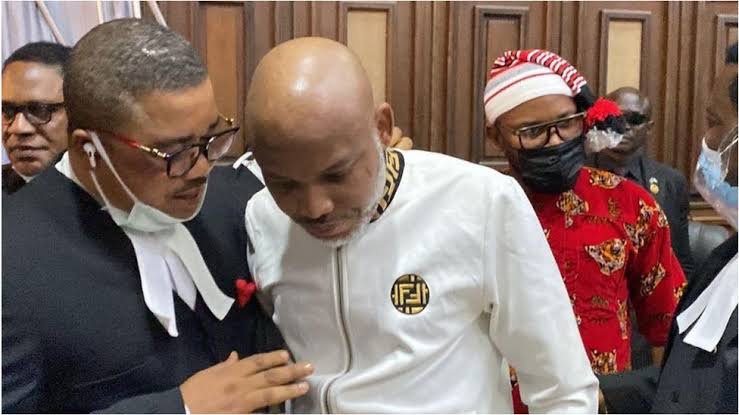
The trial has been marked by various legal proceedings and delays. Kanu’s lead counsel, Aloy Ejimakor, has expressed the importance of today’s hearing. In a public notice, he stated that the hearing was scheduled for 10 AM, earlier than the previous noon time. He emphasized that Kanu would be in attendance and that this session was crucial for the defense’s case.
Supporters of Kanu, including members of IPOB, are expected to gather outside the court to demonstrate their support. They believe that Kanu’s leadership is vital for the Biafran cause, which advocates for the independence of the southeastern region of Nigeria, where the Igbo people predominantly reside.
The movement has been controversial, often facing crackdowns from the Nigerian government, which accuses IPOB of promoting violence and unrest.
The case has also attracted attention from human rights organizations, which argue that the charges against Kanu are politically motivated. Critics argue that the government is using legal means to suppress dissent and that the charges of terrorism are an exaggeration of Kanu’s actions and speech.
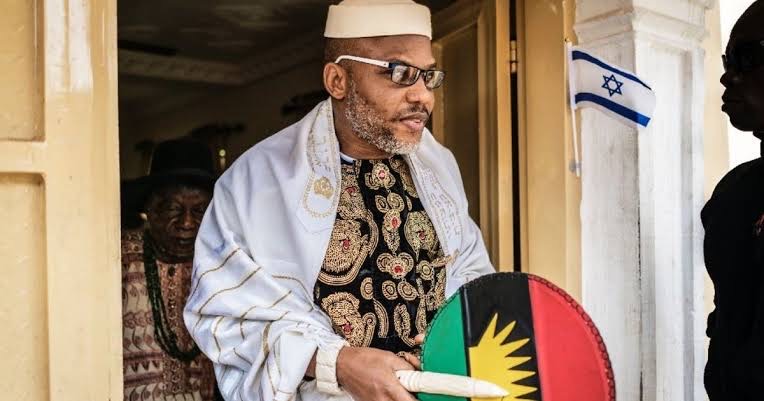
This perspective has fueled ongoing debates about the balance between national security and human rights in Nigeria.
As the trial resumes, many are watching closely to see how the court will handle the case.
Legal experts and analysts note that the outcome could have significant implications not only for Kanu but also for the broader political landscape in Nigeria, particularly in relation to issues of regional autonomy and self-determination.
The Federal High Court’s decision today may influence public sentiment and could either embolden or discourage Biafran separatists. As the hearing unfolds, it remains to be seen how the court will address the complex issues at play, including allegations of human rights violations and the legality of Kanu’s detention.
Nnamdi Kanu’s trial is not just a legal matter; it reflects deeper societal tensions within Nigeria. As supporters and critics alike await the court’s proceedings, the implications of this case will resonate far beyond the courtroom.


